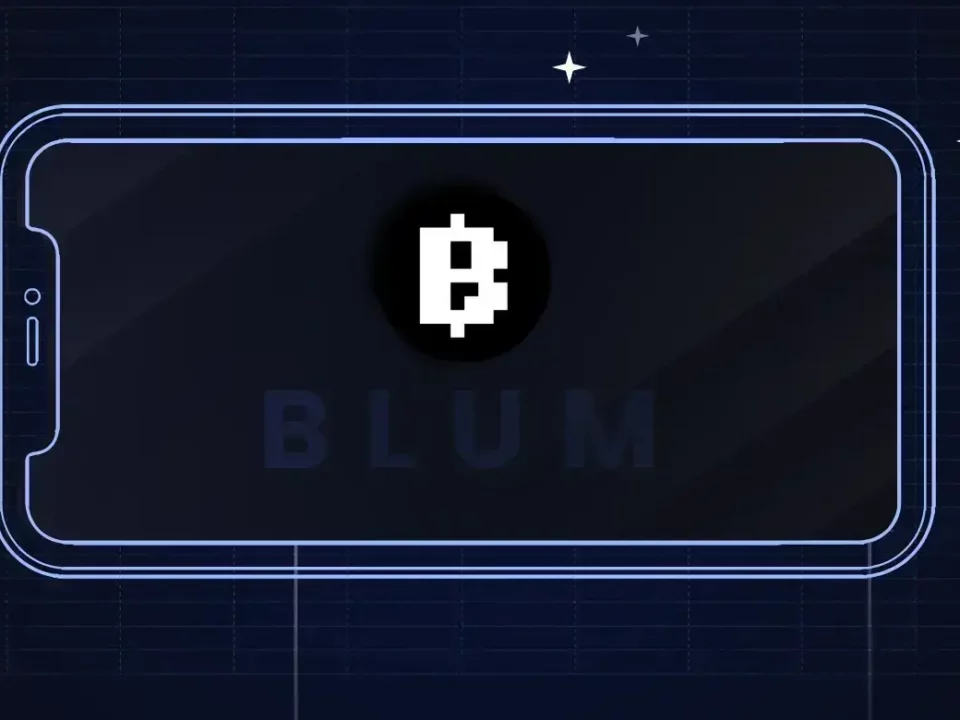Table of Contents
ToggleKey Takeaways:
- Cardano Activates Chang Hard Fork: Cardano Chang Hard Fork upgrade marks a significant shift towards decentralized governance, empowering ADA holders to shape the blockchain’s future.
- Introduction of On-Chain Governance: The upgrade establishes new governance bodies—Constitutional Committee, Delegate Representatives (dReps), and Stake Pool Operators (SPOs)—to oversee Cardano’s development.
- Phased Implementation Strategy: The Chang hard fork is being rolled out in two phases, with full governance power expected to be granted within 90 days.
- Cardano’s Decentralization Milestone: The upgrade is a pivotal moment in Cardano’s roadmap, marking the beginning of the Voltaire era and advancing the blockchain’s decentralization efforts.
- Impact on the Blockchain Ecosystem: Cardano’s move to on-chain governance could set a new standard for other blockchains, reinforcing its position as a leader in the decentralized space.
Cardano, the layer-1 blockchain created by Charles Hoskinson, has officially activated its much-anticipated “Chang” upgrade, marking a significant shift towards decentralized governance. This upgrade, launched on September 2, 2024, is a key milestone in Cardano’s ongoing roadmap, representing the beginning of the Voltaire era, which focuses on achieving full decentralization.
Cardano CHANG is forked. pic.twitter.com/YfYwdJg28F
— P₳DDY (@PoolShamrock) September 1, 2024
Transition to Decentralized Governance
The Chang upgrade transforms Cardano’s ADA crypto into a governance token, giving ADA holders the power to influence the future of the blockchain. With this update, ADA token holders can now elect governance representatives and vote on development proposals, moving Cardano closer to the decentralized ethos that underpins the blockchain industry.
At the heart of this upgrade is CIP-1694, an official “Cardano Improvement Proposal” that outlines the new community governance structure. This structure introduces three key user-led governance bodies: the Constitutional Committee, Delegate Representatives (dReps), and Stake Pool Operators (SPOs). These groups will take over the responsibility for triggering chain upgrades or “hard forks” from Cardano’s founding entities—the Cardano Foundation, Input Output Global (IOHK), and Emurgo.
This shift to on-chain governance is designed to make Cardano more decentralized, aligning it with the broader trends in the blockchain industry. Additionally, by enhancing the utility of the ADA token, this move may help Cardano navigate potential regulatory challenges, especially in light of increasing scrutiny from securities regulators.
Phased Implementation of the Chang Hard Fork
The Chang hard fork is being implemented in two phases. The first phase, already live, has introduced an Interim Constitutional Committee that temporarily oversees Cardano’s governance. This cautious approach limits the committee’s power to make changes to the blockchain’s code, ensuring a smooth transition as the rest of the governance model takes shape.
The second phase, scheduled to occur within the next 90 days, will fully empower the new governance bodies. Once this phase is complete, the new governance structures will have the authority to make decisions and guide the future direction of the Cardano blockchain.
Giorgio Zinetti, CTO of the Cardano Foundation, highlighted the significance of this upgrade in an interview with CoinDesk, stating, “I would say it is the biggest event in Cardano history, and it really makes us different from many other chains. I think we are the largest layer-1 with on-chain governance. There are some smaller players, like Tezos and Polkadot, who already have on-chain governance. But if there was a leaderboard for real decentralized layer-1s, we would be number one.”
Implications for Cardano and the Broader Blockchain Ecosystem
The activation of the Chang upgrade is not just a pivotal moment for Cardano but also a significant development in the broader blockchain ecosystem. By transitioning to on-chain governance, Cardano is positioning itself as a leader in the decentralized space, potentially setting a new standard for other blockchains to follow.
Despite being ranked as the #28 largest blockchain by DeFiLlama, Cardano has consistently captured the attention of the crypto world. This is partly due to the high profile of its founder, Charles Hoskinson, who co-founded Ethereum before moving on to create Cardano. The implementation of the Chang hard fork further solidifies Cardano’s place in the blockchain industry, showcasing its commitment to decentralization and innovation.
In the coming months, the crypto community will closely watch how Cardano’s new governance structures perform. The success of this upgrade could have far-reaching implications, not only for Cardano but also for the future of decentralized governance across the blockchain ecosystem.
Read more: Cardano Price Prediction
Conclusion
The Chang hard fork represents a monumental step forward for Cardano, bringing the blockchain closer to its goal of full decentralization. As Cardano continues to evolve, its commitment to on-chain governance and community-driven decision-making sets it apart from many other layer-1 blockchains. With the activation of this upgrade, Cardano is poised to play a leading role in the next phase of blockchain development, paving the way for a more decentralized and democratized future.
The successful implementation of the Chang upgrade is expected to bolster confidence in the Cardano network and potentially attract more developers, users, and investors. As Cardano embarks on this new chapter, the blockchain community will be watching closely to see how this experiment in decentralized governance unfolds.
Related posts
Bitcoin Price Hits New All-Time High Following Fed’s 25-Basis-Point Rate Cut
Fed’s interest rate cut spurs crypto momentum, boosting Bitcoin and Ethereum prices.
Read more
Blum Secures Major Investment from TOP to Strengthen DeFi Presence in TON Ecosystem
TOP’s backing aims to accelerate Blum’s multi-blockchain expansion.
Read more


